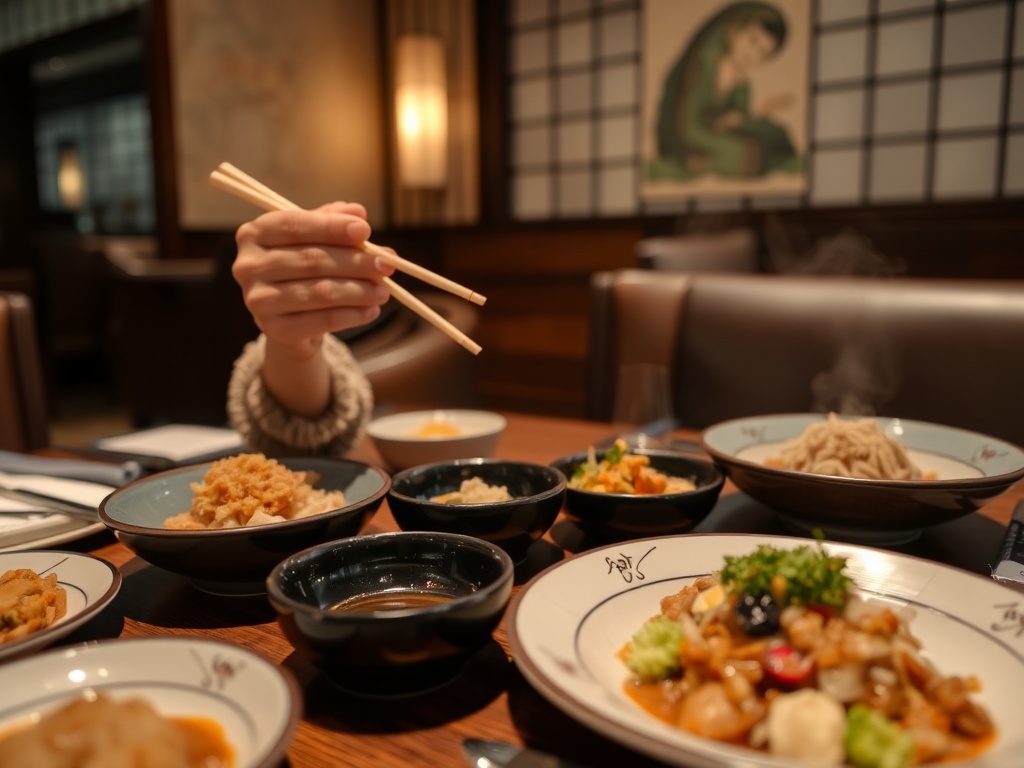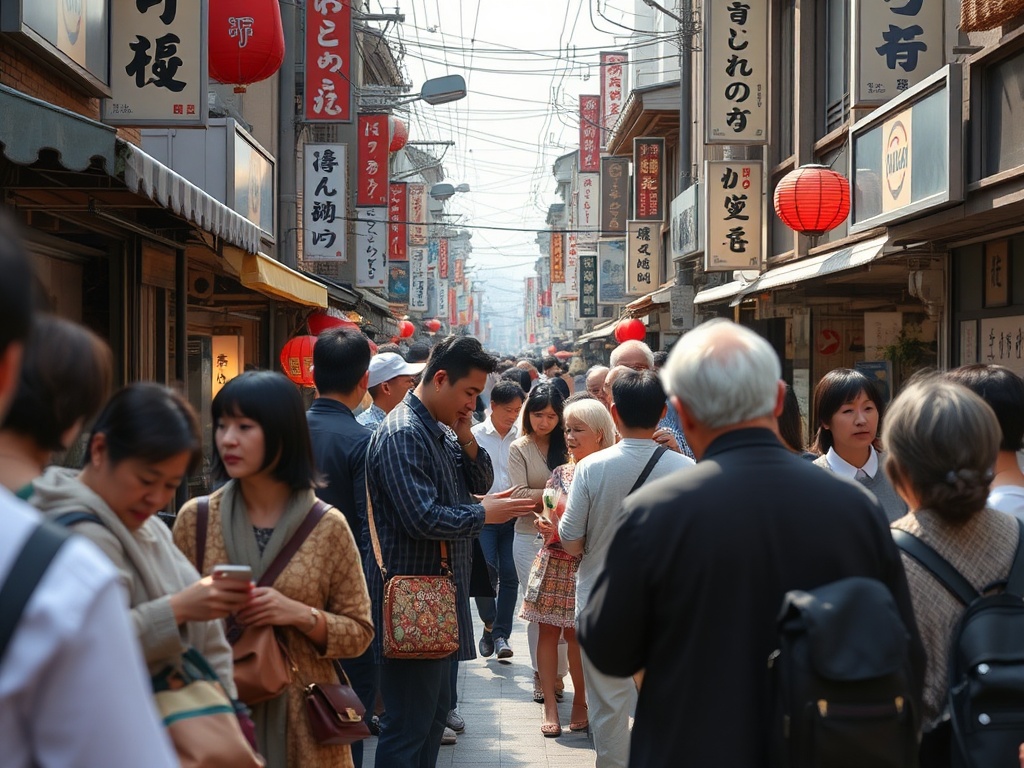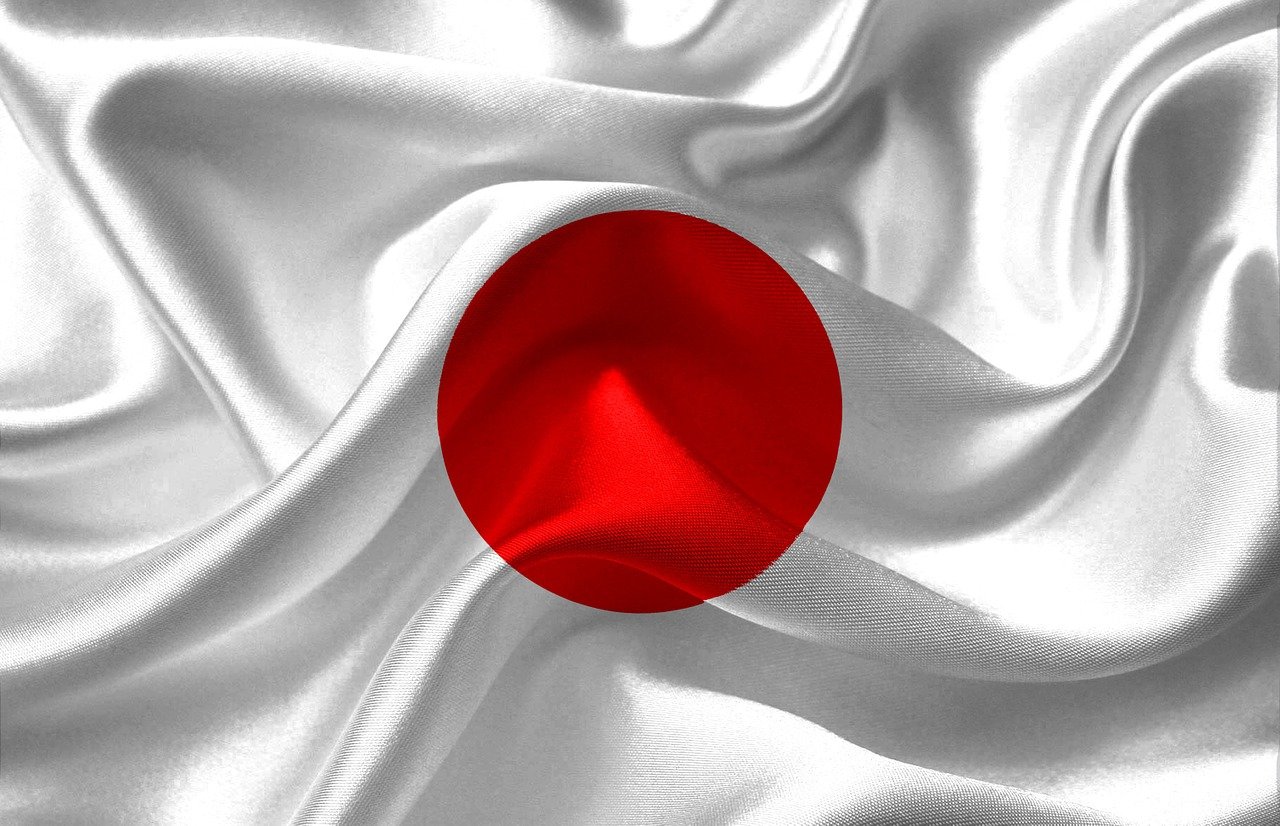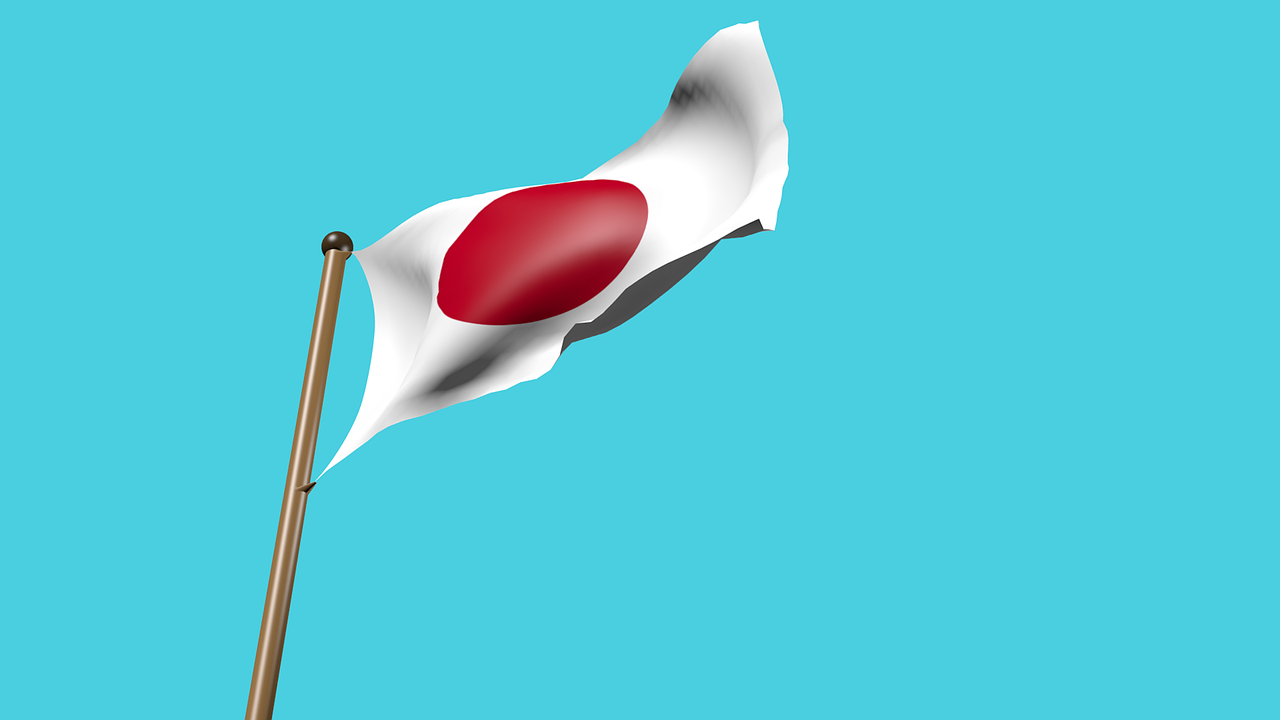What is Considered Rude in Japan?
Win a Free Trip to Japan!
Experience cherry blossoms and ancient temples
Welcome to our delightful journey through Japan, where we’re not only going to explore the stunning landscapes and delicious cuisine, but also dive into the fascinating world of etiquette! In this guide, we’ll uncover the 12 things that can be considered rude in Japan. It’s all about the little things that show respect and understanding of their rich culture. Buckle up, because cultural faux pas are just around the corner, and we want to make sure you avoid them!
1. Noise
In the land of the rising sun, silence is golden! While we might be accustomed to chatting loudly at social gatherings, in Japan, it’s all about the whispering. Especially on public transport, where a soft voice is the norm. Imagine stepping onto a train car where everyone is quietly minding their own business – it’s like being in a peaceful library on wheels!
So, what’s the golden rule? Keep your phone on silent and your voice down. If you’re listening to music or watching videos, grab those headphones. Trust us, your fellow passengers will thank you!
2. Trash
Let’s talk about trash, or more accurately, the lack of it! You might be surprised to find that Japan has fewer trash cans than you’d expect. This means you’ll need to channel your inner pack rat and carry your trash with you until you find a proper bin. And don’t even think about tossing your trash in a restroom unless it’s restroom-related!
Trash on Trains
When you hop off a train, make sure to take your trash with you. There are bins on the platforms, but leaving your litter in the seat pocket? A big no-no! Imagine sitting down and discovering someone else’s leftover snack – yuck!
3. Eating and Drinking
Oh, the delicious street food of Japan! It’s tempting to munch while you stroll, but hold your horses! Eating while walking is generally considered rude. Instead, enjoy your tasty treats near the stall where you bought them. It’s not just more polite; it also means you won’t be stuck carrying around your trash for hours.
If you find yourself on a bullet train, rejoice! You can eat and drink there, provided you use the tray. Think of it as your personal dining table on the go!
4. Smoking
Smoking is quite a hot topic in Japan, and not in the way you might think! Lighting up in public spaces is often frowned upon. You’ll see signs proclaiming “No Smoking” in many areas. Stick to designated smoking zones, usually found outside of buildings or at train stations. If you light up in the wrong place, you might get some very disapproving looks!
5. Feet
Feet have a special place in Japanese etiquette, and not in the way you might think! It’s considered impolite to put your shoes where others might sit. So, no putting your feet up on that lovely bench – keep those shoes off furniture! If you need to tie your shoes, do it while standing or find a place where you can do it properly.
And here’s a fun tip: on some trains, you’ll find footrests that are divided into sections for shoes and socked feet. Choose wisely!
6. Slippers
If you’re stepping onto tatami mat flooring, leave those slippers behind! Only socked feet are welcome on tatami. It’s a unique cultural quirk, so bring along some cozy socks if you plan to wear sandals or flip-flops.
7. Reclining Seats
Ah, the comfort of reclining seats on bullet trains! While it’s okay to lean back, remember that someone is sitting behind you. It’s polite to only recline halfway if the person behind you is too close. Once your journey is over, don’t forget to return your seat to its upright position as a courteous gesture!
8. Luggage
Traveling with luggage in Japan? Be a space-saving ninja! Avoid blocking doors and try not to take up too much space on public transport. And never, ever plop your suitcase on a seat – those wheels are considered dirty! If you have a backpack, flip it to the front or hold it down by your legs when the train gets crowded.
9. Priority Seats
Priority seats on trains are reserved for those who really need them: the elderly, disabled, pregnant women, and parents with small children. Even if the seats are empty, it’s best to leave them open out of respect for those who may need them. Remember, it’s not about asking for someone to give up their seat – it’s about being considerate without needing to be asked!
10. Cash
When you pay for something in Japan, you’ll likely see a tray next to the register. This is where you should place your cash. Handing money directly to the cashier is a no-go. Placing it in the tray shows respect and is the expected way to conduct transactions!
11. Sitting Areas
Public seating can be a bit scarce in Japan. It’s considered rude to sit on the floor in places like train stations, temples, or anywhere without designated seating. If you find yourself in need of a place to rest, head to a nearby café! You can enjoy a drink and relax for as long as you like. Who doesn’t love a good cup of coffee while people-watching?
12. Red Lights
Patience is a virtue in Japan, especially at crosswalks. When the light is red, it’s best to wait for it to turn green, even if the street looks like a deserted wasteland. Following the rules not only keeps you safe but also shows respect for local customs. Take a moment to soak in the surroundings while you wait!
So there you have it! A fun and friendly guide to navigating the cultural nuances of Japan. By keeping these tips in mind, you’ll not only avoid any accidental rudeness but also show appreciation for the beautiful traditions that make Japan such a unique place. Happy travels!




